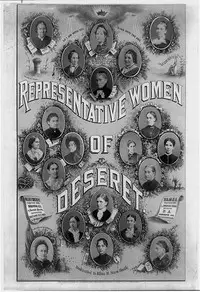"State of the Union Addresses" by Andrew Johnson is a compilation of speeches made in the wake of the Civil War that reflects on the reconstruction era through accounts of governance and states' rights. Beginning with the address on December 4, 1865, Johnson expresses thankfulness for the Union's perseverance and acknowledges the weight of his responsibilities after President Lincoln’s death. He discusses the Constitution's crucial role in maintaining the Union, highlighting its function for both state and federal entities, emphasizing his strategy to reinstate order in rebellious states by declaring their secession attempts invalid. Further, Johnson underscores the importance of a restorative approach that unites all citizens while also tackling the entitlements of formerly enslaved populations, deliberating the trials and necessities of charting a new course for the nation as it recovers from internal conflict and emphasizing the necessity for collaborative efforts across all government levels to secure peace and unity.

State of the Union Addresses
By Andrew Johnson
In the aftermath of a nation divided, a leader grapples with mending the Union, addressing civil rights, and charting a course for a united future.
Summary
About the AuthorAndrew Johnson was the 17th president of the United States, serving from 1865 to 1869. He assumed the presidency following the assassination of Abraham Lincoln, as he was vice president at that time. Johnson was a Democrat who ran with Abraham Lincoln on the National Union Party ticket, coming to office as the Civil War concluded. He favored quick restoration of the seceded states to the Union without protection for the newly freed people who were formerly enslaved as well as pardoning ex-Confederates. This led to conflict with the Republican-dominated Congress, culminating in his impeachment by the House of Representatives in 1868. He was acquitted in the Senate by one vote.
Andrew Johnson was the 17th president of the United States, serving from 1865 to 1869. He assumed the presidency following the assassination of Abraham Lincoln, as he was vice president at that time. Johnson was a Democrat who ran with Abraham Lincoln on the National Union Party ticket, coming to office as the Civil War concluded. He favored quick restoration of the seceded states to the Union without protection for the newly freed people who were formerly enslaved as well as pardoning ex-Confederates. This led to conflict with the Republican-dominated Congress, culminating in his impeachment by the House of Representatives in 1868. He was acquitted in the Senate by one vote.














